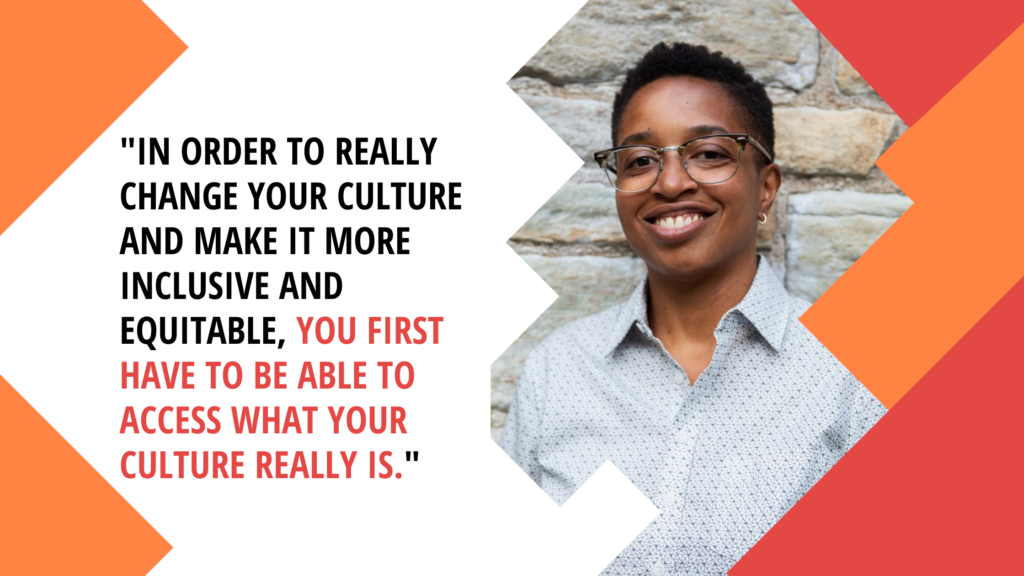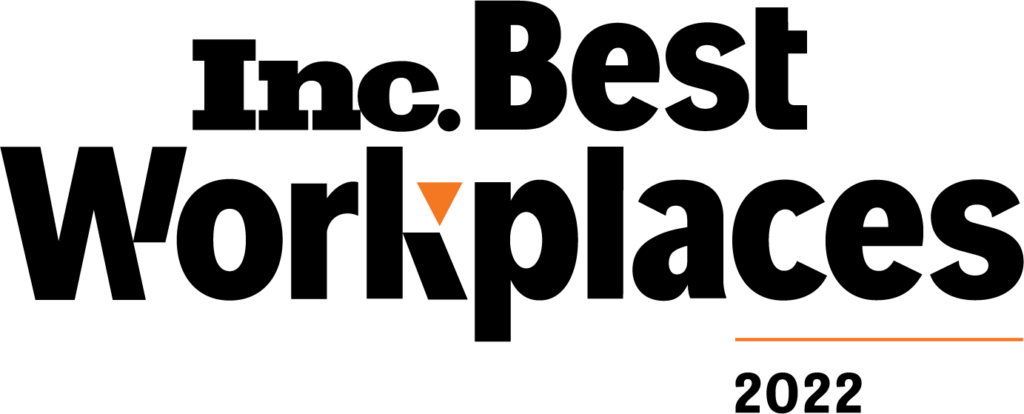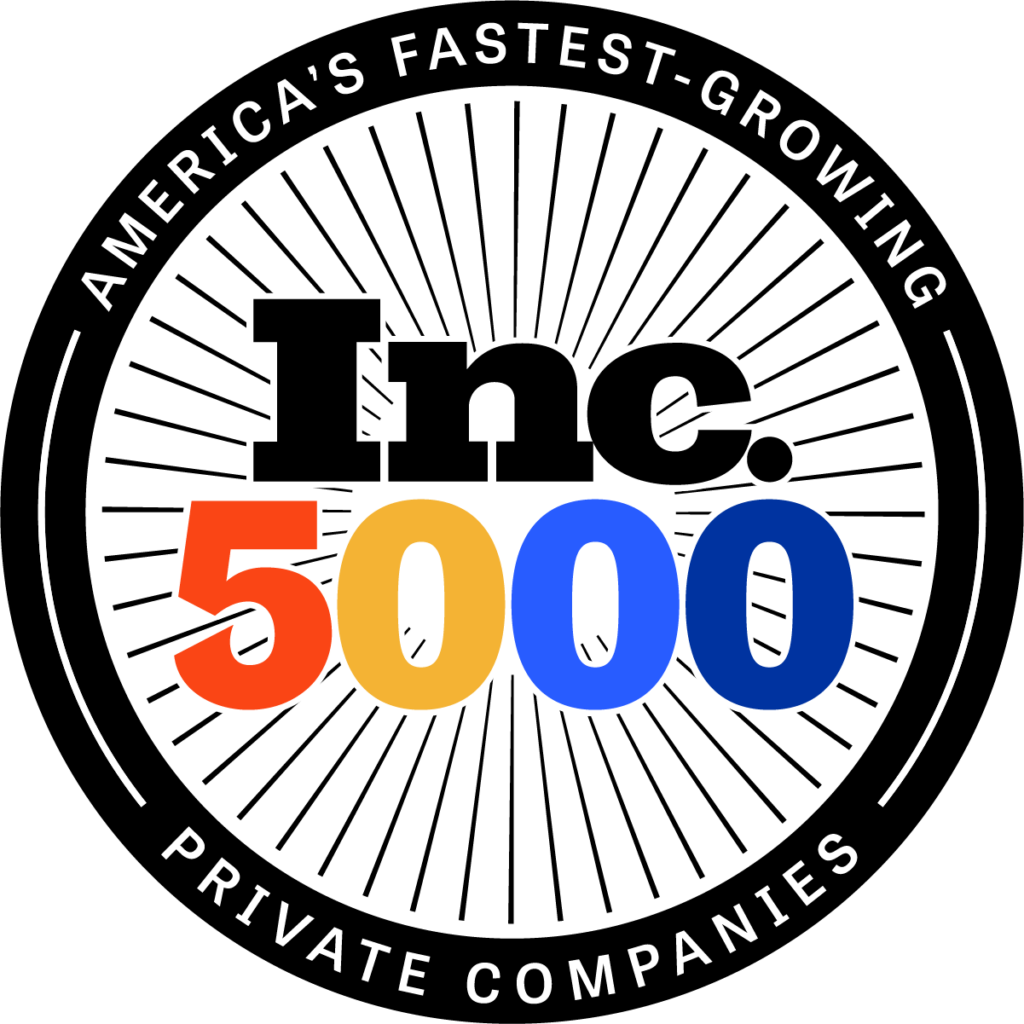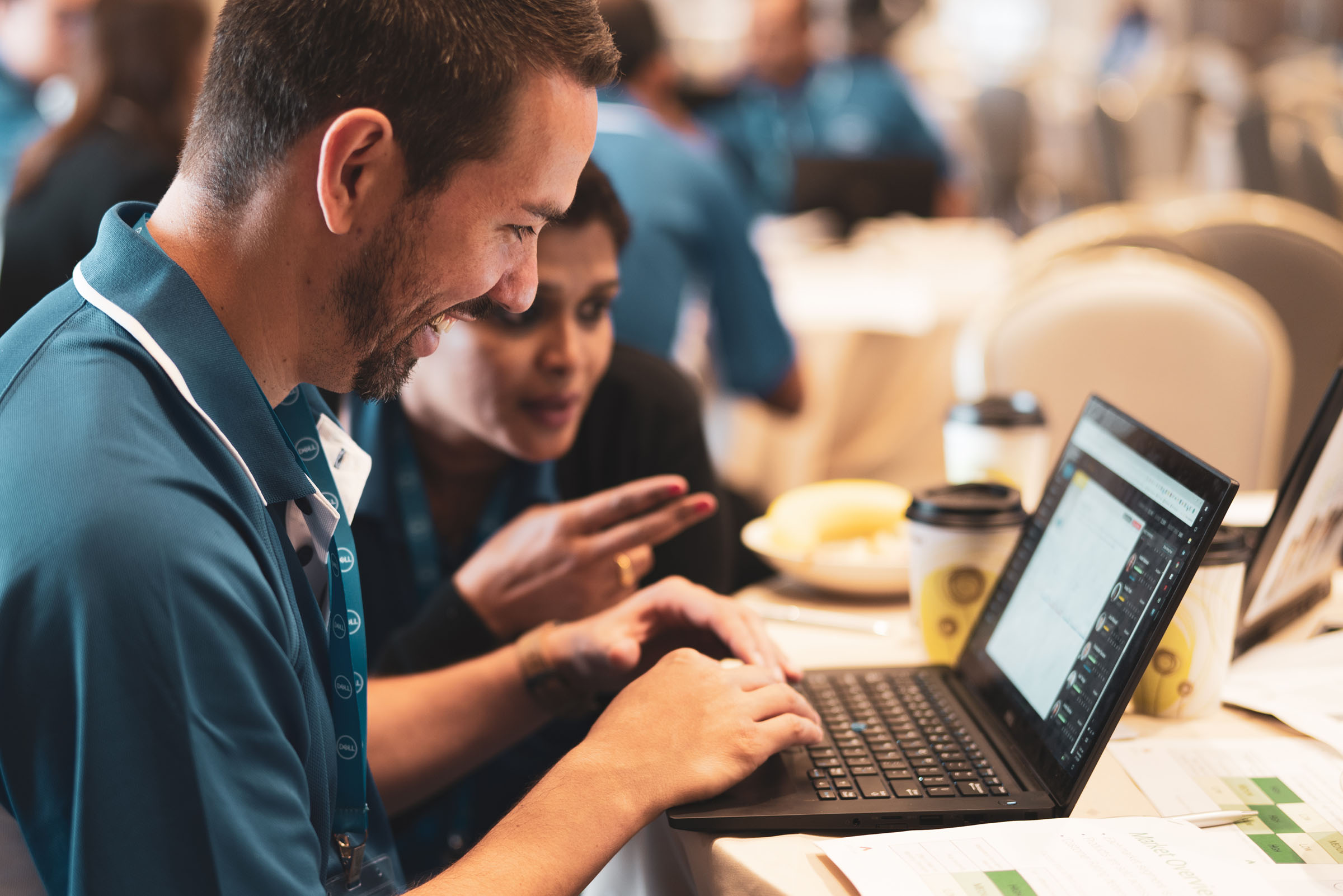On this episode of the Learn to Lead Podcast, I interviewed LaTonya Wilkins. LaTonya is the founder of the Change Coaches. She previously worked in HR, Talent Management, and Learning and Development at General Electric, Abbott Laboratories, and AbbVie.She’s the current president of the True Star Youth Foundation Board, and she’s the Director of Leadership and Culture at the University of Illinois College of Business.

I’m going to kick us off with a post you made recently on LinkedIn. You said in the post, “Lead with empathy and curiosity first. It’s important to listen, empathize and refrain from judgment and/or assumptions”. The two words that you used, empathy and curiosity, are two words that our guests bring up frequently on this show as crucial to leadership. For you, why are empathy and curiosity so important?
Yes, Matthew. There’s actually a talk that I do that is all about how empathetic and psychologically safe relationships are the future in leadership. I believe that it’s also something I talk a lot about in my coming book, Leading Below the Surface. The reason why I say it is because as you know, the last 18 months or so has just been very challenging for us around the world.
One of the things I do a lot of is coach executives to create cultures of belonging, especially executive teams. One of the things I found is they were trying to come up with all these strategies, all these things that they should do, but it was really about taking a step back and leading with empathy, curiosity, and psychological safety.
What I mean by that is, I think a lot of these companies are very much ready to make a statement about diversity and changing their culture. When I observed them, they didn’t listen to each other well. That’s one thing I saw. They weren’t listening to other people well, and they weren’t practicing empathetic listening. I talk about different types of empathetic listening that you can engage in. I believe that those are like empathy, psychological safety, and what I call real leadership are three prongs to really being an inclusive leader and also just be preparing to be a leader of the future.
Maybe the talk that you’re most known for, or how I came across your work was entitled, Leading People Who are Different, and you hit on it a little bit in that first answer. Our world is filled with people from all walks of life, and as leaders, we definitely need to be prepared to lead and coach everyone, no matter their background. What are some of the tangible things that leaders and maybe leaders early in their career can do to be an extraordinary leader of others who are different than they are?
It’s interesting you asked me that question because I have, like I said, my book is all about this. It’s leading below surface, how to build real and psychologically safe relationships with people who are different from you. Amy Edmondson from Harvard Business School, what an amazing ford for me. That’s what this is all about.
I have three prongs of how to build real relationships with people who are different from you. The first one, like I said, is REAL leadership. It’s being– and REAL is an acronym: reliable, equitable, aware, and loyal. All of those are just exactly how they sound.
I’ll talk a little bit about loyalty. Loyalty means that you trust the process and that you forgive people for mistakes. For example, if you promote someone or if someone lets you down, you’d at least believe in them enough to give them a second chance. REAL leadership is the first prong.
The second is empathetic listening. Oh my gosh. Again, I’m going back to this because it’s such a big part of what I believe, what I talk about, and what I embody. I teach other people how to embody this. It’s not just empathetically listening person-to-person, I also talk about person-to-belonging listening. It’s observing people and to the extent to which they fit into an environment. That’s the second.
The third, again, is building psychologically safe relationships. Relationships where people feel understood, they feel heard, they feel like you are in it for the long haul, they feel like they can trust you. It’s really hard to be a effective leader if you can’t do these three things. Again, be a real leader, be empathetic listener, and psychological safety practice that, and if you can get those three, I think early in your career, you’re going to go a long way.
I reached out on Instagram to our listeners that you were going to join the show. One of the questions that I got focused on your career arc, and maybe what you would give as piece of advice to yourself. What do you wish you would have known when you started out on this work?
I wish I would have known that when people told me that I should follow my heart and my soul, that that was actually good advice. I didn’t know that. When you look at my career, it looks very traditional. As you said, Matthew, I haven’t been induced like that in a while and you talked about some of these larger companies I worked for. That’s what I thought my career had to be, is going working for these larger companies, just getting a base from them, and then going on my own.
When I go back, and I think about it, I wish I would have known that there were other ways to this path to get where I am at that I didn’t take. That’s what I wish I would have known and that’s the advice I give people is, there’s– I coach a lot of executives and they think, “Oh, my gosh, I have to work for Google for five years before I can do anything else.” There are other paths. Just knowing that and knowing where those paths are is really important, and I wish I would have known that for myself.
You do a lot of coaching and you mentioned that in your last answer. When you’re first meeting somebody who you’re going to coach, what are one to two of the questions that you ask to get to know them better, so you can be a more effective coach?
I ask them a few things. First, what are you looking for in a coach? What do you not want me to do as a coach? The second thing that gives me a ton of insight is I ask them what their values are. When I ask that question, I either get one of two answers. One is like, they rattle off their values right away, and number two is that they don’t know what they are but I can probe into it. Just asking that question and being an adept listener, I can start gathering what they do value.
Number three, I ask them what success looks like with working with them. Again, with coaching, it’s not about my agenda, it’s their agenda. A lot of times companies hire me to coach these executives, and so I like to know what their piece of success looks like, what their perspective looks like, because that’s changed a lot, especially over the last year, people are looking for more meaning in their work. I’m able to discern, number one, how I should be as a coach and number two, the areas where I could dig deeper into this executive again to gain psychological safety and trust.
You speak frequently about how organizations and leaders should address equity and inclusion, and we’ve touched on it a little bit. One of the things you talk about that I find pretty fascinating is going beyond episodic DEI to cultural DEI. Can you explain a bit more of what you mean by that for me, but also for our listeners?
Yes. One of the things that you probably don’t know about me, and it’s hard to know, is that I hate DEI. I’ve always hated DEI because I felt like, in the companies I’ve worked in, it wasn’t real. I worked in talent and succession planning, and we go through everything. Then we check some boxes, make sure we have enough women in that pipeline, people of color. That wasn’t really working.
One of the things from my grandma, my grandma was with us for 93 years, and she was just always below the surface with people. She was always just a real person, especially with people that were different from her. She knew how to navigate those relationships, and I was able to learn that from her and also from my father.
What I think we’re missing is the culture piece. Culture has become a buzzword, where people are talking about fun cultures, great cultures, all these things. Again, that’s all a social construct, like everybody has to have fun differently. Everybody thinks differently of “great”.
When I think about cultures and changing cultures, one of the main ways I do that is through these cultural academies that I have with executive teams. We do a combination of instructional workshops and team coaching and individual coaching. From that, that’s how we change the culture. Changing the culture, in order to really change your culture and make it more inclusive and equitable, you first have to be able to access what your culture really is.
I think that’s where a lot of organizations trip and fail, is they start doing all these culture initiatives when they haven’t even accessed what their culture is, and the way you access that is you become an observer and you just listen to what’s going on in the organization, how things are really getting done, where employees are really at. Instead of just pushing things out, there’s a pull and you’re more listening for information. Again, that’s where a lot goes wrong.
The second thing is also muck, like getting in the muck of human beings and being okay with getting into deep places that are uncomfortable for you when you learn about your culture, especially when it comes to diversity, equity, inclusion, like how are people really feeling about that? Especially people who may have historically been marginalized in organizations. Those are the big things. It’s that, having access to your culture, understanding it, understanding what’s actually going on, and just being an observer.
I think from my perspective, we as a society have made great strides, but we also have a ton of work left to do, so when you look at it and the work that you do, what makes you the most optimistic about the strides that we have made and where do you believe the most work is yet still to be done and we should focus our energy there?
Yes. I’ll first start with the strides before I go to the future because I have a lot to say about this, obviously. The strides that we’ve made, the biggest thing I’ve seen is awareness. Before last year, I don’t think people understood the extent of systemic racism, the extent that systemic racism dominated US structures and systems, and world structures and systems. I have clients all over the world that face this as well.
I think just the awareness. I think the other big stride is that, and I posted about this recently on LinkedIn. There’s not a big ask for business cases anymore for diversity and inclusion. It’s like diversity is a part of business, belonging is a part of business, and so when I’m going into executive teams, I’m seeing that there’s not– I’m not trying to sell them anything, we’re talking more philosophically to see if there’s any synergy there. Those are a couple of things that I like to see.
I also like to see one more thing is like, people are more authentic and they’re being unapologetic about what’s going on in their lives and what’s going on in their organizations.
As for the future, this is why I wrote this book. It’s because I think it really comes down to, again, building real relationships with people who are different from us, and there’s– In the book I talk about, there’s so many biases that get in the way and just basic human existence, like leadership standards that have been old world leadership standards that are still upheld a lot in boardrooms and C-suites.
It’s really just getting those, like I said, the three prongs I talked about, thinking outside of the box and thinking about how we lead, instead of what we’re leading towards. When I say what, it’s like the results, all those types of things but, again, thinking about how we lead and how that affects people. That’s where we need to get, and I’m not sure if we’re going there yet.
I think we’re starting to, but I still see so many organizations focused on things that are stereotypically DEI, like hiring, which is great. We need hiring, right? We need training, which is great. We need training but again, it comes back to the belonging piece of that, and once someone is in the organization, do they feel like they belong? And scaling this on a large level. It really comes from leadership and not from HR, and that’s really the way to do it.
One of the other questions that we got from our listeners was about productivity and how you structure your day. Is there anything you do to allow you to keep all of these different parts of your business going, anything that you do in the morning or in the evening before, as you prepare for the next day, that helps you structure and stay on task?
That is a really good question, whoever asked that. I will tell you that this continues to evolve, but I’m happy to share what I do right now. I would say about a little over 18 months ago, I started getting up really early. I realized that my best work got done in the morning before the sun came up. I guess my regimen is that I get up either between 5:00 and 5:30, I’m usually at the gym by 6:00, I work out from 6:00 to 7:00. Then 7:00, usually I have my coffee, and then I’m planning out my day.
I take a lot of breaks during the day. Sometimes I have a mindfulness community that I’ll meet with in the morning. Make sure to get that in a few days a week. I go to bed every night sometime between 9:00 and 9:30 or so. That’s my regimen. I think the big thing that I do that’s changed me is– that’s transformed me, I would say, is getting up early, and also the day before when I’m going to bed I look at my schedule for the next day, and I get mentally prepared for it.
Well, that is a wonderful spot to shift to the final two rapid-fire questions that I get to ask all of our guests. The first one is this. If you could describe your leadership style but I just gave you one word, what would that word be?
I would say I’m real. Whenever people talk to me, they describe me as real, pure, authentic. Authentic is more of a highly used word, so I’ll go with real.
The last rapid-fire question is this. What is the best piece of advice that you have ever received?
I would say that the best piece of advice that I’ve ever received is: “Give and don’t expect anything back in return.” That was hard to do, to trust people. Things will come back to you at some point, and that is the truest advice I’ve ever gotten.
—
This interview has been edited for clarity.









